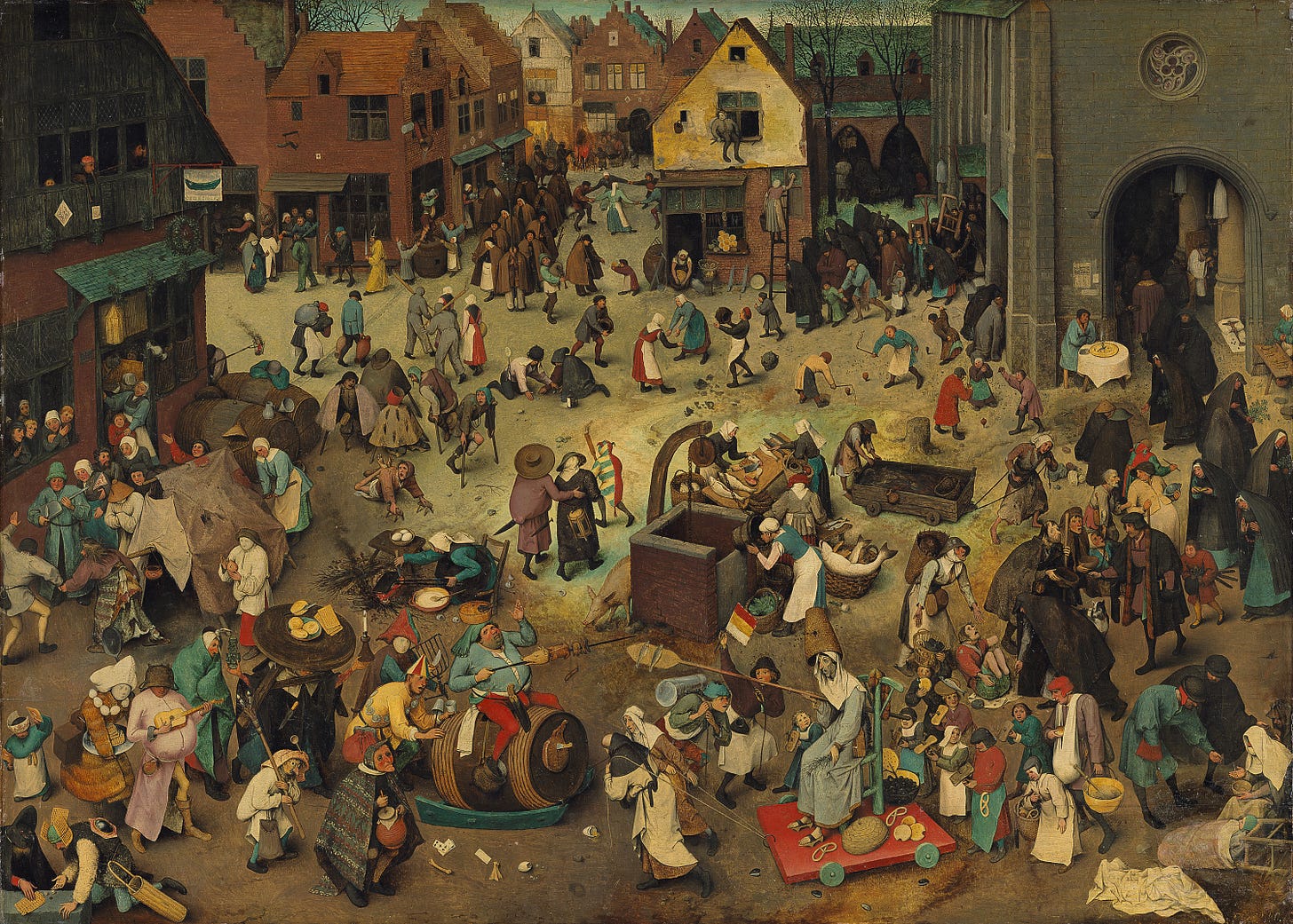Thoughts of the day
The average adult makes 35,000 decisions a day. Depending on someone’s profession or family status, where one also has to make decisions for someone else, this number can be much higher. Decision fatigue is a term to describe the impact of an increasing need to make decisions in everyday life: the quality of the decisions made by an individual will deteriorate after a long day of decision making.
A New York Times piece aptly named Don’t Visit Your Doctor in the Afternoon, suggests that doctors make better, more insightful decisions in the mornings, making it the best time to book your appointment. The research cited revealed that doctors were more likely to take the shortcut of prescribing unnecessary antibiotics in the afternoon, and would also order fewer (often crucial) follow-up tests compared to mornings.
Similarly, judges were more likely to grant parole to prisoners who appeared in court in the morning rather than later in the day, regardless of the crime committed or the time they had spent in prison.
What this suggests is that we all have a finite capacity each day to make decisions, and we should use it well. If our best decision-making performance comes early in the day, we can set our days up in such a way that we not only allow ourselves to make our best decisions in the morning, but that we also find ways to preserve some decision-making powers as the hours pass.
Pick the right time to make decisions. Make your most important decisions early.
Get someone else to decide for you. This can be in the form of delegating, or more simply, asking for help.
Plan ahead, in a way that means much of your day has been predecided, by you, but still with room for creativity and surprises.
Similarly, have a routine.
Reduce the number of decisions you have to make that are unimportant. Ask yourself, ‘Can it wait?’
The chaos of Bruegel’s paintings is so strangely comforting because one does not know where to start. If our brains have been trained to follow narratives, images like The Fight between Carnival and Lent are pure chaos, not much unlike our days. But the excitement lies in the fact that, in such chaotic scenes, we can learn to create our own narratives, if only we choose where to focus.



